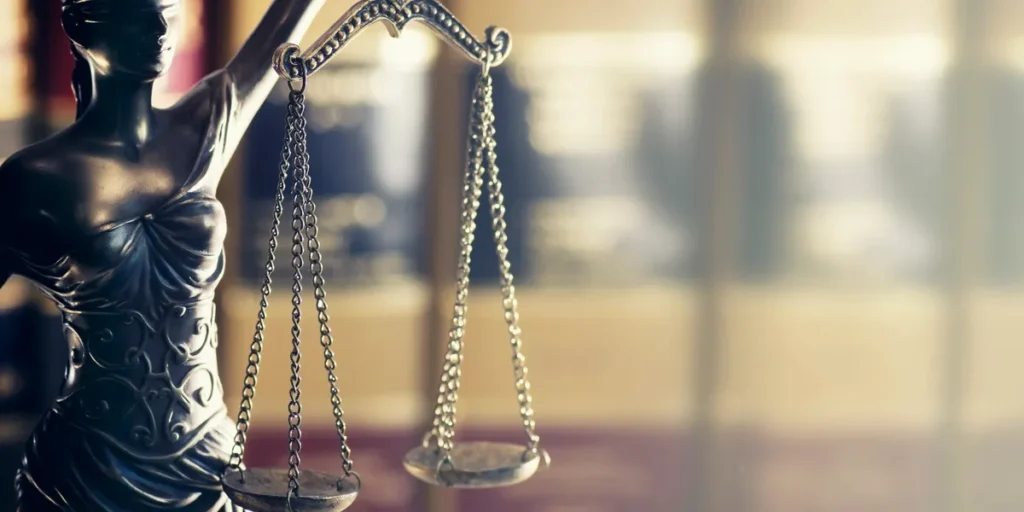
A misdemeanor charge is a serious matter that can have just as serious consequences if a conviction follows. It can upend your life, so fighting the charge is often your best option. Of course, many factors should be considered if, when, and how a misdemeanor is fought.
Misdemeanors are criminal offenses that are more serious than infractions but less severe than felonies. These cases are typically held in the lower courts, and convictions can sometimes be appealed to higher level courts.
Most states classify misdemeanors to distinguish their degree of severity or importance. These classifications are usually set up using a letter or number to identify the level of severity of the misdemeanor charge.
Our law firm will review any misdemeanors charged in your case, explain what those charges mean, and advise you on your best legal options. Contact us today to schedule a consultation and get the best representation you need in your unique circumstances.
Misdemeanor |
Incarceration |
Max. Fine |
|---|---|---|
| Class A Misdemeanor | 9 months in jail | $10,000 |
| Class B Misdemeanor | 90 days in jail | $1,000 |
| Class C Misdemeanor | 30 days in jail | $500 |
| Unclassified Misdemeanors | 30 days in jail | $500 |

Class A misdemeanors are the most severe offenses when not including felony offenses. In terms of misdemeanors, Class A convictions will result in harsher punishment, two of which include:
Crimes qualifying as Class A or Class 1 misdemeanors vary by state, but often they include:
Class B misdemeanors are less severe than Class A but more severe than Class C misdemeanors. Punishment can result in:
If a Class B misdemeanor involves a victim as opposed to a property crime, a sentence could also include an order to pay restitution. Likewise, in cases where chemical substances are involved, the court could also order the defendant to attend rehabilitation or another type of drug or alcohol court program.
Class B misdemeanors often include crimes like:


Class C misdemeanors are the least serious of all misdemeanor offenses. Often a conviction of a Class C crime will result in:
Class C misdemeanors vary according to jurisdiction but typically include:
Keep in mind that any one of these different types of crimes – like traffic offenses, assault, property theft, drugs, and more – can qualify for any one of the above three classes. The category assigned to a criminal charge depends on the severity or extent of the alleged crime, facts, and circumstances.
For example, speeding 10 miles over the speed limit may only result in a warning or a Class C misdemeanor or traffic infraction. On the other hand, driving 30 miles over the speed limit can result in a Class C criminal misdemeanor charge.
An unclassified misdemeanor are often considered to include second and third OWI offenses, OWI under 21 years old, possession of weed, and possession of cocaine. Often a conviction within Wisconsin for a class U misdemeanor can lead to:
Some examples of class U misdemeanors are:
Keep in mind that any one of these different types of crimes – like traffic offenses, assault, property theft, drugs, and more – can qualify for any one of the above three classes. The category assigned to a criminal charge depends on the severity or extent of the alleged crime, facts, and circumstances.
Keep in mind that often there are edge cases but often the fines will range from $300 to $5,000 due to each case. At Konstantakis Law Office we work to navigate your case with experience and focus on YOU to get you that plea.

Misdemeanor charges stay on your record for 20 years after conviction in Wisconsin. Expunging a charge is quite rare unless you were under 25 at the time of the offense.
While it is not a legal requirement to have a lawyer for a misdemeanor charge, it is highly advisable to consult or hire a lawyer if you are facing a misdemeanor charge. Even though misdemeanors are considered less serious crimes compared to felonies, they can still result in significant consequences such as fines, probation, community service, and even jail time. Having a lawyer can significantly improve your chances of obtaining a favorable outcome in your case.
A lawyer can provide valuable assistance in various ways, including:
Hiring a lawyer for a misdemeanor charge can potentially save you from severe consequences and protect your rights. If you cannot afford a private attorney, you may be eligible for a public defender, who can also provide legal representation.
In some cases, it is possible for a misdemeanor to be reduced to an infraction. This process typically involves plea bargaining or a similar agreement between the defendant and the prosecution.
When a misdemeanor is reduced to an infraction, the severity of the offense is lessened, resulting in potentially reduced penalties and consequences. However, the specifics of whether a misdemeanor can be reduced to an infraction depend on the laws of the jurisdiction where the offense occurred, as well as the circumstances of the case.
Factors that may influence the possibility of reducing a misdemeanor to an infraction include:
It’s important to consult with a knowledgeable criminal defense attorney to understand the specific options available in your jurisdiction. They can provide guidance on the best legal strategies for your case and help you navigate the process of potentially reducing a misdemeanor charge to an infraction.
COPYRIGHT © 2024 KONSTANTAKIS LAW OFFICE, LLC - ALL RIGHTS RESERVED.